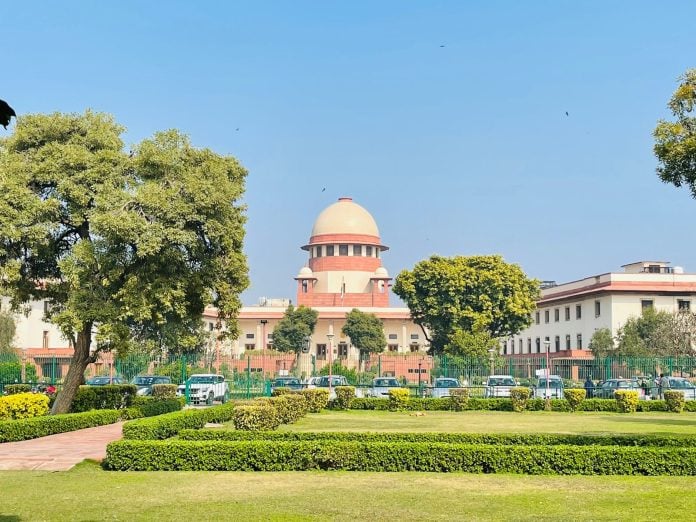The Supreme Court has ordered the Central government to permit individuals and doctors to report the Adverse Events Following Immunization (AEFI) on a virtual platform and also make the reports accessible for public, without compromising on the privacy of the persons.
A Bench comprising Justice L. Nageswara Rao and Justice B.R. Gavai, while directing the Central government to make AEFIs public, further directed the latter to take steps in order to create awareness, as well as navigate this platform for self-reporting on the matter.
The Apex Court passed the order on a plea challenging the vaccine mandates and seeking disclosure of clinical trial data of Covid-19 vaccines administered in the country.
Advocate Prasant Bhushan, appearing for the petitioner, told the Court that the existing AEFI reporting system allowed only District Immunisation Officers (DIOs) or the vaccinators to report AEFIs.
He sought expanding of the repository of AEFIs in terms of Vaccine Adverse Effect Reporting System (VAERS) prevalent in the United State of America, which published all vaccine injury reports every Friday.
Bhushan urged the top Court of the country to ensure that doctors and individuals were also able to report adverse events and the same can be published, without compromising on the privacy of the person reporting.
The Court observed that the Centre had urged all medical professionals, including the ones at private hospitals, to report adverse events.
Noting the importance of data pertaining to AEFIs, which helps to ascertain the safety of vaccines and also furthers scientific studies qua pandemic, the expansion of the scope of reporting was allowed by the Supreme Court.
The plea had alleged that the AEFI reporting system lacked transparency and no data pertaining to the AEFIs already classified have been made public.
The Court further noted that a robust mechanism was in place for identification and monitoring of AEFIs.
Also Read: Allahabad High Court allows anticipatory bail application to Peace Party president for threatening to kill UP Chief Minister
On the issue of unavailability of data regarding adverse effects occurring due to Covid-19 vaccines, the Bench noted that the results of causality assessment of AEFI cases, conducted at the state and the national levels by experts trained as per the causality assessment checklist, based on the definition and algorithm developed by the WHO, were publicly available on the website of the Ministry of Home and Family Welfare.
It said as per the rules for classification of AEFIs as revised by the World Health Organisation in 2018, during the post-marketing surveillance, only the reactions previously acknowledged to be caused by the vaccine, could be classified as vaccine-related reactions.
The previous acknowledgment comes from the Phase III trial, which the petitioner claimed was botched as the placebo arm was prematurely unblinded. The Court noted that in respect of abandoning of Phase III trials, the unblinding of the placebo arm was at the recommendation of the Subject Expert Committee (SEC).
It further observed that the petitioner has not assailed the recommendation of domain experts, but sought revamping of the adverse effects reporting system, primarily for augmentation of the monitoring process and for publishing results publicly.
Also Read: How to Become A Lawyer in India: A Complete Guide
The Court said the Union Government had stated that unidentified events were also being collated and studied by the Pharmacovigilance Programme of India (PvPI) and the Central Drugs Standard Control Organisation (CDSCO).
The petitioner had also alleged that there was a lack of awareness about the adverse effect reporting system.
The Union Government had argued that the state officers, private practitioners, medical officers, frontline health workers and even nurse midwives have been made aware of AEFIs.
The top court of the country observed that collection of requisite data was preceded by the participation of individuals in the reporting of adverse events, which need to be enhanced.


